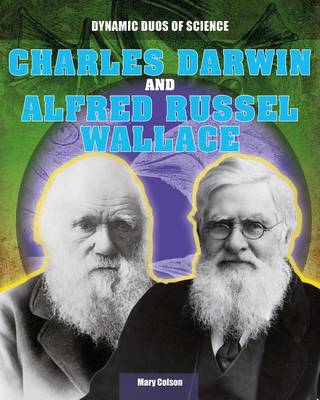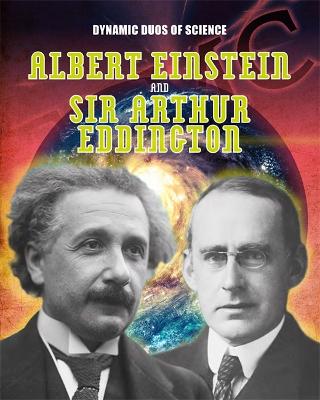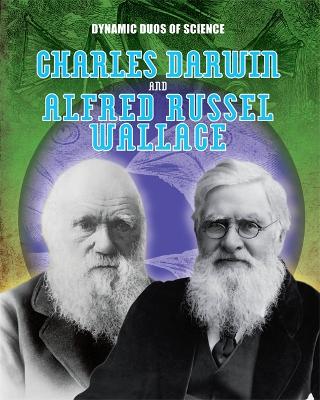Dynamic Duos of Science
3 total works
Dynamic Duos of Science: Albert Einstein and Sir Arthur Eddington
by Mary Colson
Albert Einstein and Sir Arthur Eddington takes a look at the scientific partnership that changed our understanding of the universe. It explores the early work of both men including Einstein's Theory of Relativity and his famous equation E=MC2, how Eddington was instrumental in helping to prove Einstein's theories, and how his support helped the great Einstein bring his brilliant theories to fruition.
How have some of the most successful scientific pairings in history changed the advancement of science and led to discoveries that might never otherwise have been made? Dynamic Duos explores the fascinating scientific partnerships between some of the world's leading scientists. From Darwin and Wallace to Einstein and Eddington, without these 'dynamic pairings' some of the most spectacular discoveries and critical theories in the history of science might never have been made. An informative series for children aged 9+.
Dynamic Duos of Science: Charles Darwin and Alfred Russel Wallace
by Mary Colson
Charles Darwin was born in England in 1809. He was a brilliant scientist who changed the way we think
about life on Earth. His theory about the evolution of plants and animals transformed science and shocked nineteenth-century society to its core. Alfred Russel Wallace, a Welsh naturalist, was born in 1823. He developed a theory of natural selection at the same time as Darwin. This book explores the life and work of these two scientists and how a letter from Wallace to Darwin changed the course of science forever.
How have some of the most successful scientific pairings in history changed the advancement of science and led to discoveries that might never otherwise have been made? Dynamic Duos explores the fascinating scientific partnerships between some of the world's leading scientists. From Darwin and Wallace to Einstein and Eddington, without these 'dynamic pairings' some of the most spectacular discoveries and critical theories in the history of science might never have been made. An informative series for children aged 9+.


